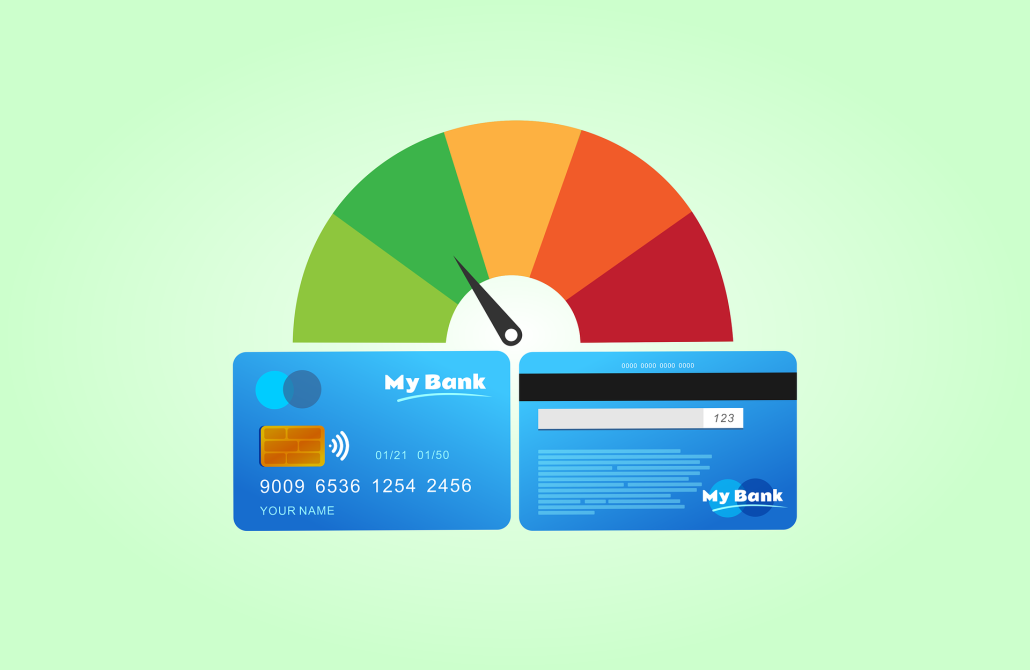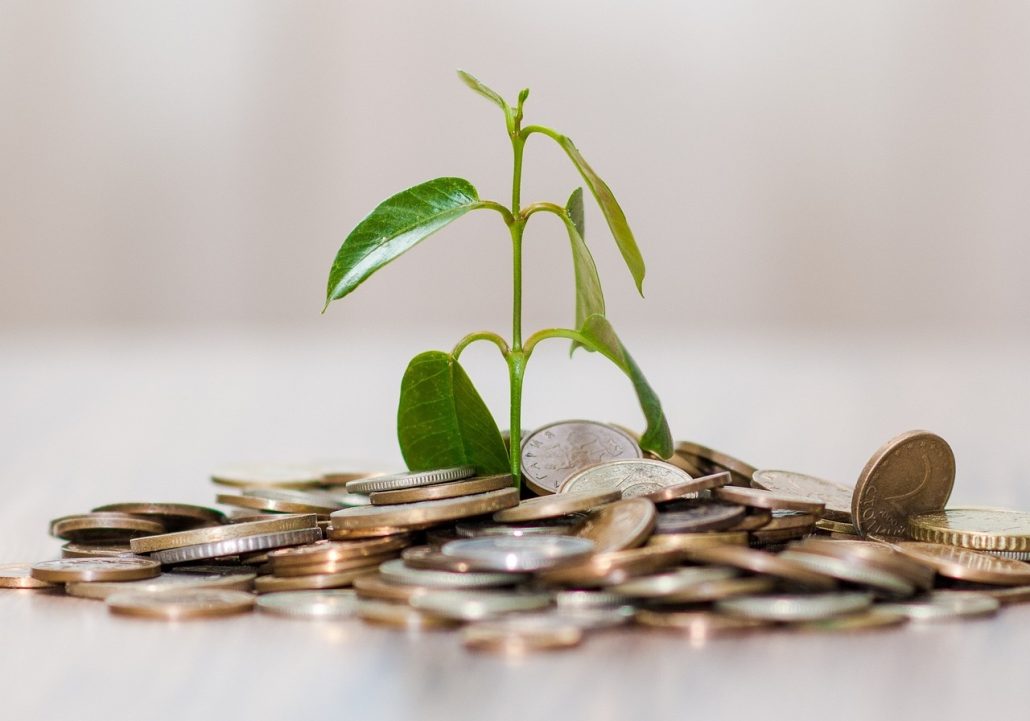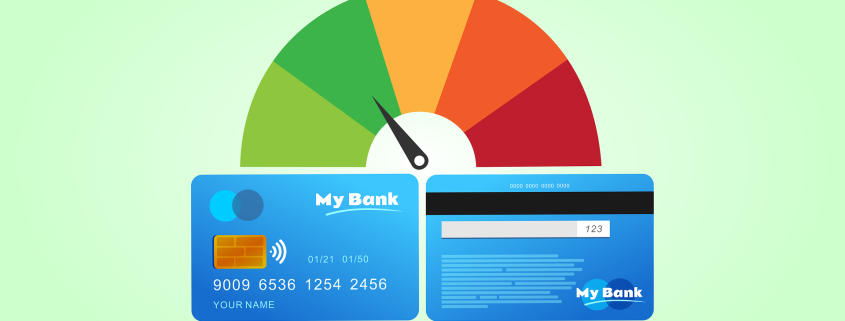The Effects of Having a Bad Credit Score – and How to Improve It
Last updated on October 19th, 2023 at 11:39 am
In today’s financial landscape, the importance of having a healthy credit score can’t be overstated. Your creditworthiness affects many aspects of your daily life and can shape your financial opportunities. When faced with bad credit, navigating life can be daunting. In these tough times, it’s important to remember that alternatives to payday loans exist, offering pathways to overcome obstacles and improve your financial situation to help things get better.
At The One Stop Money Shop, we are here to help you understand the effects of having a bad credit score and guidance to help you rebuild your creditworthiness. We offer tips that extend beyond loan products, supporting you to take control of your financial journey and set yourself on the path to a brighter future.

The Effects of Having a Bad Credit Score: Overcoming Financial Challenges
Your credit score plays a crucial role in your financial well-being. It serves as a reflection of your creditworthiness and can significantly impact various aspects of your day-to-day life. When you find yourself in the realm of bad credit, the repercussions can be far-reaching and challenging to navigate. However, it’s important to remember that there are alternatives to payday loans available to help you overcome these hurdles and improve your financial situation.
- Higher Interest Rates on Borrowing: One of the immediate effects of having a bad credit score is the increased interest rates you’ll encounter when borrowing money. Lenders consider bad credit borrowers as higher risk, and to compensate for this risk they charge higher interest rates. Whether you’re applying for a personal loan, a mortgage, or a car loan, the higher interest rates can make borrowing more expensive over time.
- Higher Insurance Premiums: Bad credit can also impact your insurance premiums. Insurance companies often view individuals with poor credit as more likely to file claims, and as a result, they may charge higher premiums. Whether it’s car insurance, home insurance, or even rental insurance, you may find yourself paying more due to your credit history.
- Difficulties in Renting a Property: Renting a house or a flat can become challenging with bad credit. Landlords often perform credit checks to assess the reliability of potential tenants. A bad credit score may raise concerns about your ability to pay rent on time, leading landlords to reject your rental applications or require additional security deposits such as having a guarantor.
- Limited Selection of Credit Cards: Poor credit can severely limit your access to credit cards. With a poor credit score, you may only qualify for secured credit cards or those with high annual fees and limited benefits. This can restrict your ability to build a positive credit history and take advantage of credit card rewards and benefits, making short-term lending more difficult and costly.
- Challenges in Obtaining Car Finance: Buying a car can be more challenging with bad credit. Car finance lenders may require higher up-front payments, charge higher interest rates, or even deny your loan application altogether. This can make it difficult to finance a reliable vehicle, which can impact your daily commute, job prospects, and quality of life.
- Breaking the Bad Credit Cycle: Escaping the cycle of bad credit can be tough. With limited access to traditional loans, individuals with bad credit may turn to payday loans, which come with exorbitant interest rates and short repayment terms. However, there are alternative solutions available, such as instalment loans, short-term or credit-builder loans, that provide more manageable terms and help rebuild your credit.
- Potential Impact on Energy Bills: While your credit score itself may not directly impact your energy bills; utility companies may perform credit checks when setting up new accounts, particularly if you want to pay monthly. With bad credit, you may be required to pay higher deposits or face stricter payment terms. These additional financial burdens can further strain your budget.
Having a bad credit score can have a significant impact on various aspects of your day-to-day life. From higher interest rates on borrowing to difficulties in renting a place, the challenges can be daunting.
It’s important to explore alternative lending options that cater to individuals with bad credit, offering more affordable solutions and a pathway towards rebuilding your financial health. By taking proactive steps and seeking out these alternatives, you can break free from the constraints of bad credit and work towards a brighter financial future.
Improving Your Bad Credit: Steps Towards Financial Recovery
While having a bad credit score may pose challenges, the good news is that there are effective ways to improve your creditworthiness and regain financial stability. Whether you’re considering loan products or looking for broader tips, there are ways to set you on the path towards a better credit future.

- Make All Payments on Time: One of the most crucial steps in improving your credit is ensuring that you make all of your payments on time. This applies to credit cards, loans, utilities, and any other financial obligations you may have. Late payments can significantly impact your credit score and make it harder to rebuild your credit. Set up reminders or automatic payments to help you stay on track.
- Pay More Than the Minimum: When it comes to credit cards or loans, paying only the minimum amount due can prolong your debt and make it harder to improve your credit. Whenever possible, aim to pay more than the minimum required payment. By doing so, you reduce your outstanding balance faster and demonstrate responsible financial behaviour to lenders
- Be Careful with Lending Money to Others: While helping others in need is admirable, lending money to friends or family members can have unintended consequences for your credit. If the borrowed funds are not repaid on time, or at all, it can strain your finances and potentially harm your credit score. Before extending loans to others, carefully consider the potential impact on your own financial well-being.
- Avoid Withdrawing Cash on Credit Cards: Withdrawing cash from your credit card may seem convenient, but it often comes with high fees and interest rates. Additionally, cash advances typically do not have a grace period, meaning interest starts accruing immediately. Instead of relying on credit card cash advances, build an emergency fund to cover unexpected expenses and reduce your dependence on high-cost borrowing.
- Use Credit Cards Regularly and Pay Back in Full: To demonstrate responsible credit usage, it’s important to use your credit cards regularly. Make small purchases that you can comfortably afford and pay off the balance in full each month. This helps establish a positive payment history and shows lenders that you can manage credit responsibly.
- Review Your Credit Reports: Regularly reviewing your credit reports is essential for identifying and addressing any errors or discrepancies. Obtain free copies of your credit reports from the major credit bureaus (Equifax, Experian, and TransUnion) and carefully examine them for inaccuracies. If you find any errors, promptly dispute them to ensure your credit information is correct and up to date.
- Reduce Your Debt-to-Income Ratio: High levels of debt relative to your income can negatively impact your credit score. Work towards reducing your overall debt by creating a budget, cutting unnecessary expenses, and focusing on paying down outstanding balances. Lowering your debt-to-income ratio demonstrates financial responsibility and improves your creditworthiness.
- Seek Professional Assistance, if Needed: If you’re overwhelmed or struggling to navigate the complexities of improving your credit, consider seeking guidance from reputable credit counselling agencies. These professionals can provide personalized advice and help you develop a tailored plan to address your specific credit challenges.
Remember, improving your bad credit takes time and perseverance. By implementing these strategies and adopting responsible financial habits, you can gradually rebuild your creditworthiness and open doors to better loan options, improved insurance rates, increased rental opportunities, and more favorable financial prospects overall.
Financial Solutions to Consider To Improve Bad Credit
You know that payday loans are a bad option when you are looking to improve your credit score, but bad credit options don’t begin and end with this discredited option. We are pleased to offer realistic alternatives to payday loans, so contact The One Stop Money Shop to discuss your options to find funding and improve your credit score.
Some of the affordable and suitable credit alternatives to payday loans we offer include:
Your credit score has a huge impact on your life, and your future. If you want to make financial decisions that help you today, today, and for the rest of your life, contact The One Stop Money Shop today, and we’ll help you find a specialist solution.




Leave a Reply
Want to join the discussion?Feel free to contribute!